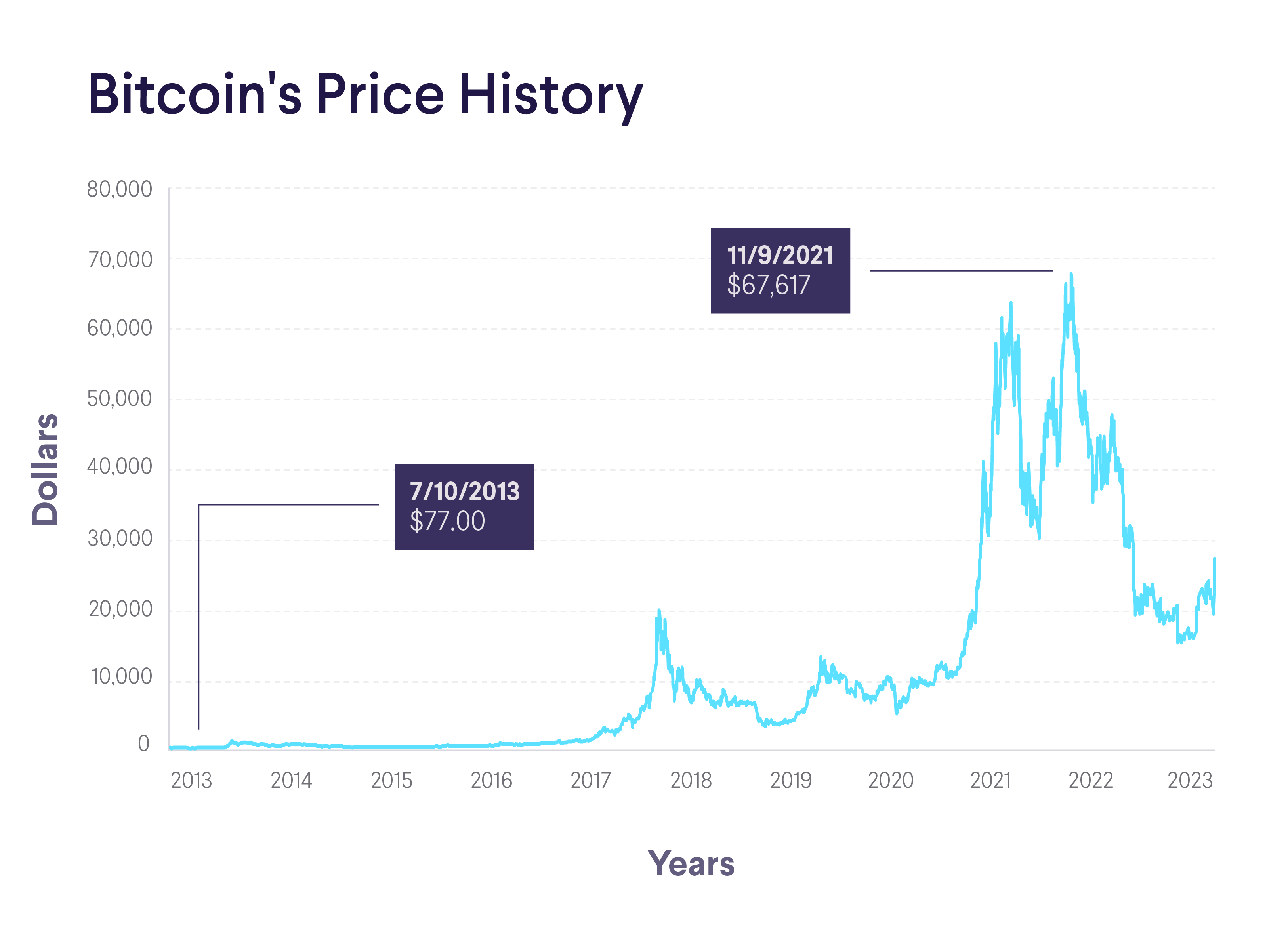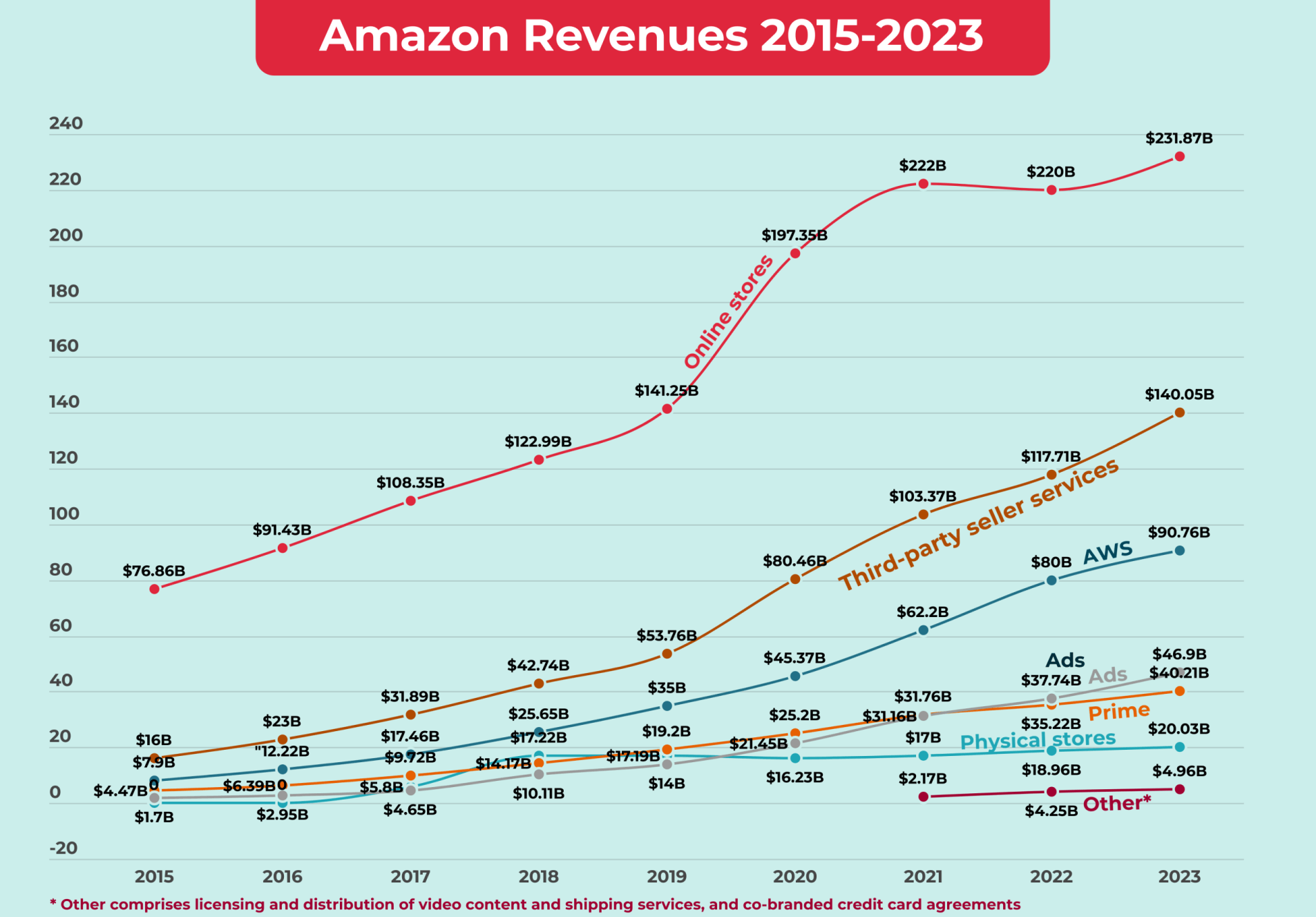
The Cyclical Nature of Financial Markets
12 July, 2024
French geologists recently discovered a massive landslide in the Himalayas that occurred 800 years ago. This event moved enough earth to bury Manhattan as high as the Empire State Building. The landslide reduced Annapurna IV’s height significantly, illustrating a fundamental principle: everything is cyclical. Just as Annapurna IV collapsed under its own weight, economic and financial systems also experience cycles of growth and decline. This principle is profoundly relevant to economics and financial markets, where cycles are intrinsic to their nature.
The Inherent Cyclicality of Markets
Consider the recent surge and subsequent correction in the cryptocurrency market. Bitcoin, for example, saw an astronomical rise in value in 2020-2021, driven by speculation, institutional adoption, and a fear of missing out (FOMO). However, this rapid increase was unsustainable, leading to a significant correction in 2022. The cycle of exuberance followed by a sharp decline was driven by the market's internal dynamics, emphasizing that growth often plants the seeds of its own reversal.

The Risks of Success
Success in financial markets frequently carries the seeds of future risk. Companies and investors who experience prolonged success can become complacent, leading to overconfidence and increased risk-taking. For example, the collapse of Lehman Brothers in 2008 highlighted how excessive risk-taking, driven by previous successes in mortgage-backed securities, can lead to catastrophic failure. The firm’s demise played a central role in triggering the global financial crisis, illustrating the inherent dangers of unchecked growth and success.
Case Study of Tesla and the Challenges of Scaling Up
Tesla's journey from a niche electric vehicle (EV) manufacturer to a global automotive powerhouse illustrates the challenges of managing success. Initially, Tesla's innovative approach and high-quality EVs disrupted the automotive industry. However, as the company scaled up, it faced production bottlenecks, quality control issues, and increasing competition from traditional automakers and new entrants. The cyclical pressures of maintaining innovation while scaling operations highlight the delicate balance required to sustain long-term success.
Technological Developments and Modern Companies
The tech industry, especially companies like Amazon, showcases the cyclical nature of success and challenges in today's economy. Amazon started as a humble online bookstore and evolved into a trillion-dollar tech and retail behemoth. Its "Day 1" philosophy, emphasizing customer obsession and bold innovation, helped drive its meteoric rise. However, as Amazon expanded, it encountered significant internal and external pressures. Bureaucratic inefficiencies, regulatory scrutiny, and intense competition have made it challenging to maintain the agility and innovative spirit of its early days. CEO Andy Jassy’s efforts to streamline operations and refocus on core competencies are a testament to the ongoing battle to sustain success in a rapidly changing market.

Historical Perspective on Technology Companies
The Radio Corporation of America (RCA) was a dominant force in the early 20th century, pioneering radio and television technology. RCA's success in the 1920s and 1930s was unparalleled, but complacency and a failure to adapt to new technologies led to its decline by the 1970s. The company's journey from dominance to obsolescence underscores how historical cycles of innovation and disruption can impact even the most successful enterprises.
The history of the S&P 500 is replete with examples of corporate giants that eventually faltered. Eastman Kodak, once a leader in photographic film, failed to adapt to the digital revolution and declared bankruptcy in 2012. Similarly, Sears, once the largest retailer in the United States, struggled to compete with online retailers like Amazon and filed for bankruptcy in 2018. These cases illustrate how past success can lead to complacency, making it difficult to sustain growth in the face of new challenges.
The Individual's Role in Market Cycles
Investors must recognize the cyclical nature of markets to manage their portfolios effectively. The dot-com bubble of the late 1990s serves as a poignant reminder. Investors flocked to tech stocks with sky-high valuations, only to see them crash in the early 2000s. Legendary investor Warren Buffett's strategy of value investing, which involves buying undervalued stocks and holding them long-term, demonstrates an approach that considers market cycles. By focusing on intrinsic value rather than market hype, investors can navigate the peaks and troughs of market cycles more effectively.
Managing Cyclicality in Personal Finance
Understanding cyclicality is also crucial in personal finance. The principle of "mean reversion" suggests that extreme conditions in markets or individual finances tend to revert to the mean over time. For example, during economic booms, prudent investors save and diversify their portfolios to prepare for downturns. Conversely, during recessions, maintaining a long-term perspective and investing in undervalued assets can yield substantial returns when markets recover.
Conclusion
Understanding and embracing cyclicality is crucial for long-term success in economics and financial markets. Whether at the corporate level or individual level, recognizing that growth often plants the seeds of decline can help manage risks and sustain success. The principle of cyclicality underscores the importance of continuous vigilance, adaptability, and strategic planning.
Shane Parrish’s concept of active stability is highly relevant in financial management. Unlike passive stability, which requires no intervention, financial stability necessitates ongoing efforts such as diversification, regular portfolio reviews, and adjusting strategies in response to market conditions. This proactive approach can help mitigate the effects of cyclicality and sustain financial health over the long term.
By accepting the inevitability of cycles and preparing for them, individuals and organizations can navigate the ups and downs of economic and financial markets more effectively, ensuring resilience and sustained success. Understanding the nature of these cycles, learning from historical examples, and applying prudent financial management principles are key to thriving in an inherently cyclical world.